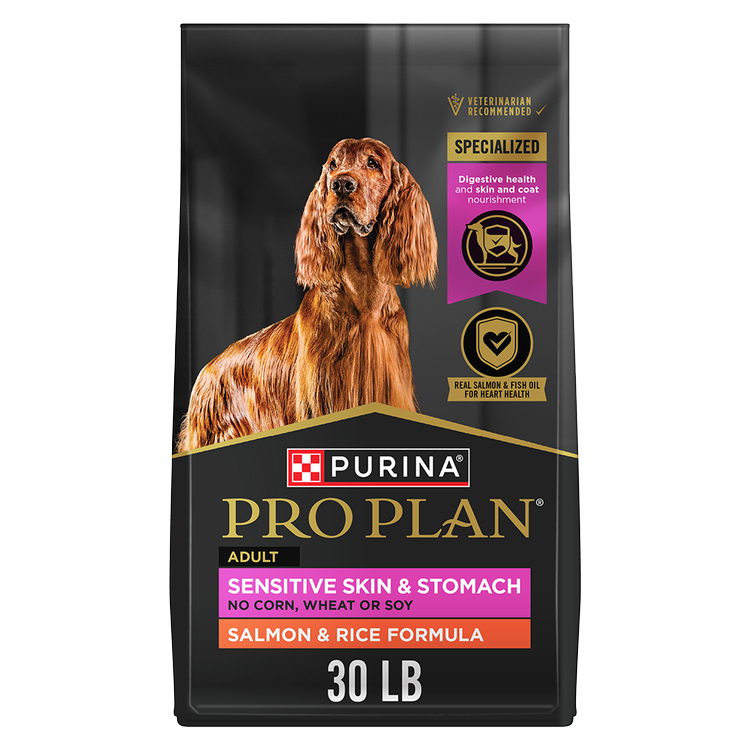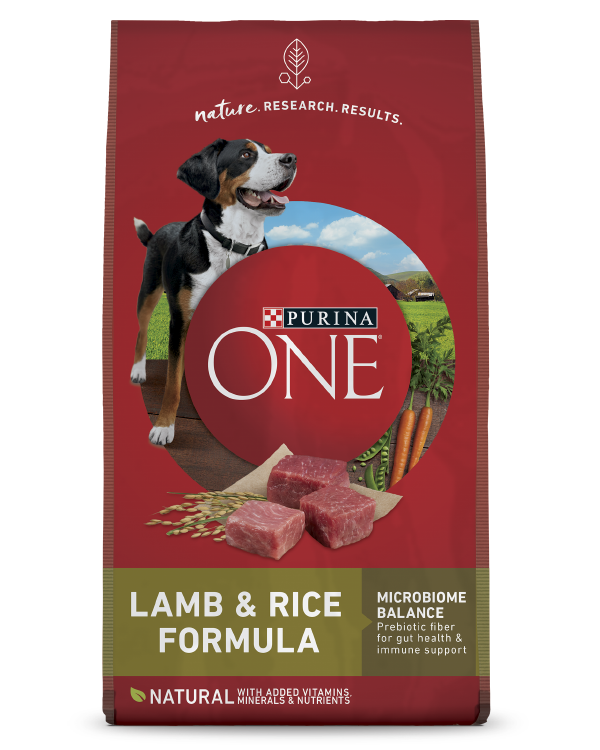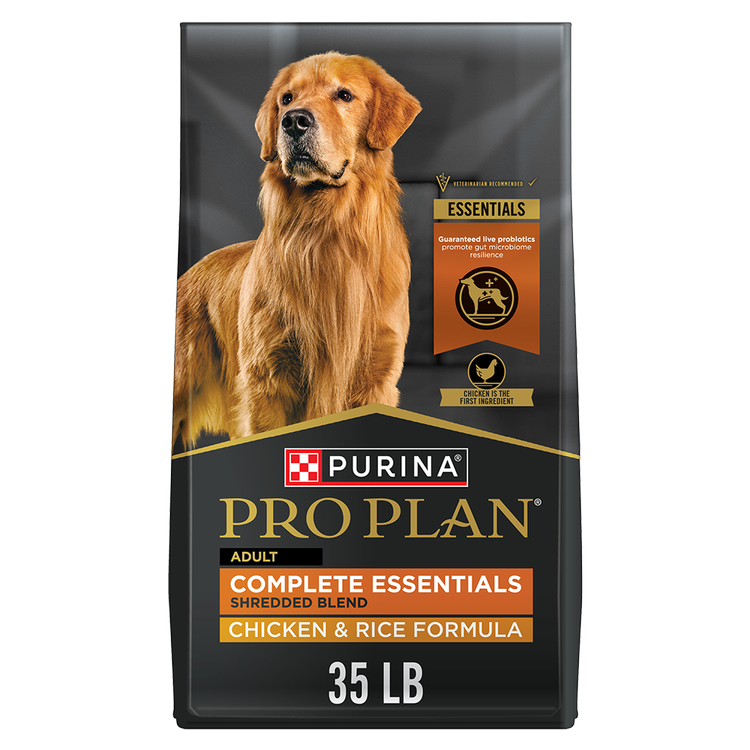It’s hard not to worry if you think your canine companion is sick. So, if you’re wondering, Why is my dog vomiting?, remember it’s not uncommon for dogs to throw up once in a while.
Throwing up may be caused by eating too fast or, if your pet has a habit of scarfing up scraps off the floor, devouring everything they sniff on a walk, and yes – eating poop, their digestive system may reject any harmful or disagreeable items.
On the other hand, if your dog keeps throwing up, this may be a sign of a more serious medical condition.
How do you know if your pet is having a relatively harmless reaction or is actually sick? Read on to learn more.
Why is My Dog Throwing Up?
Vomiting is characterized by the quick evacuation of food or objects from your pet’s stomach through their mouth. It’s often the result of a gastrointestinal (GI) disturbance or a reaction to a harmful substance.
Unfortunately, it’s not always easy to understand why your pet is throwing up. Did they have new snacks or dog food? Have they been diagnosed with an illness? Consider their current diet and health conditions.
Vomit vs. Regurgitation
It helps to understand the difference between vomiting and regurgitation. While they can look similar to us, they represent different conditions for your dog.
Vomiting is the forced removal of contents from the stomach. Often, the food is partially digested.
Regurgitation occurs when your dog’s body removes undigested food quickly after it reaches the stomach or while it’s still in the esophagus. (This can happen if your pet eats too fast.) It likely looks the same as before your pet ate it.
Like vomiting, regurgitating once probably isn’t cause for concern. If your dog does it repeatedly or frequently, however, talk to your veterinarian. Persistent regurgitation may indicate an underlying medical issue.
Causes of Dog Vomiting
Digestive system problems in dogs such as vomiting are often caused by:
- Dietary indiscretion. In many instances, dogs vomit because they eat food or an object that shouldn’t be ingested.
- An abrupt change in diet. When switching dog food, do it gradually to avoid upsetting your pet’s stomach.
- Food intolerance. Some dogs have difficulty digesting certain ingredients.
- Infections. Parasites such as roundworm and hookworm and bacteria can cause inflammation of the GI tract.
- Heat stroke. When dogs are overheated, they may have symptoms such as vomiting and diarrhea.
- Toxins. Some foods and plants can be unsafe and even poisonous to your canine companion. (Learn more about foods dogs can eat safely.)
- Disease. Conditions such as pancreatitis and inflammatory bowel disease may cause vomiting, as can kidney and liver failure.
Causes of Puppy Vomiting
Puppies have digestive upset and throw up for many of the same reasons as adult dogs. They may eat something inappropriate, consume toxic ingredients or have an illness.
Importantly, remember puppies like to chew when they’re teething. This may lead to excessive chomping on not only toys but your favorite shoes. If a piece of a toy or another object breaks off and is swallowed, they might vomit.
Warning Signs
If you want to know if your dog is going to vomit, watch for these behaviors:
- Drooling
- Retching
- Restlessness
- Contraction of the abdomen
- Look of apprehension
Dog Vomiting – When to Contact Your Veterinarian
If your dog vomits several times in a 24-hour period, contact your veterinarian.
If you’re asking, Why is my dog vomiting?, look for any other symptoms or behaviors that aren’t normal.
If you see any of these signs in addition to throwing up, talk to your veterinarian immediately.
- Your dog ate a foreign object, toxic ingredient or substance
- Their vomit contains more than a little blood
- Diarrhea
- Unproductive retching, i.e., they seem to be trying to throw up but nothing comes out
- Lethargy
- Dehydration
My Dog Keeps Throwing Up – What to Do
Frequency of vomit is an important factor when trying to determine what’s wrong with your dog.
Again, if your pet throws up once, has no other symptoms, and resumes being their normal, healthy self, you probably don’t need to worry.
If the vomiting is persistent or starts to happen on a regular basis, contact your veterinarian. They’ll likely perform some diagnostic tests to determine the cause.
Understanding the Color & Consistency of Dog Vomit
The color and consistency of your dog’s vomit can be revealing.
While it’s not a pretty site, the visual presentation may show clues as to what, if anything, is ailing your pet. (Plus, if you contact your veterinarian, they’ll probably ask you to describe it to them.)
Colors to Watch For
Green or yellow vomit may contain bile, a substance that aids in digestion. Green-tinged vomit may also occur if your dog has eaten grass or plants.
Red indicates blood, which could mean your pet has inflammation or a disease, or has eaten something poisonous. Dark colors like black that resemble coffee grounds can indicate a serious condition. If you see the color brown, your pet may have ingested chocolate or poop.
Foam
If your pet’s vomit is foamy, take note. Yellow foam may be a sign of excessive stomach acid. White foam, however, can indicate a respiratory infection or GI disease.
Dog Vomiting Treatment at Home
For dogs who can be treated at home, there are a few things you can do to ease their digestive upset.
Give them a bland diet that won’t inflame their GI system. Boiled chicken or white fish are good proteins for this task. Pair with white rice or sweet potato for a meal that will keep them full while minimizing the risk of more vomiting.
For dogs with very sensitive stomachs, your veterinarian may prescribe a specific GI diet.
Water intake is also important as vomiting can dehydrate your pet’s body.
Remember, if you’re concerned about your dog’s vomiting, talk to your veterinarian. They can use their expertise to determine if your pet needs medical attention.
Have more questions about your dog’s health? Visit our Pet Expertise page for advice from our experts.
Related articles

Reward Yourself with myPurina
Earn and redeem rewards for Purina products with the myPurina app.








